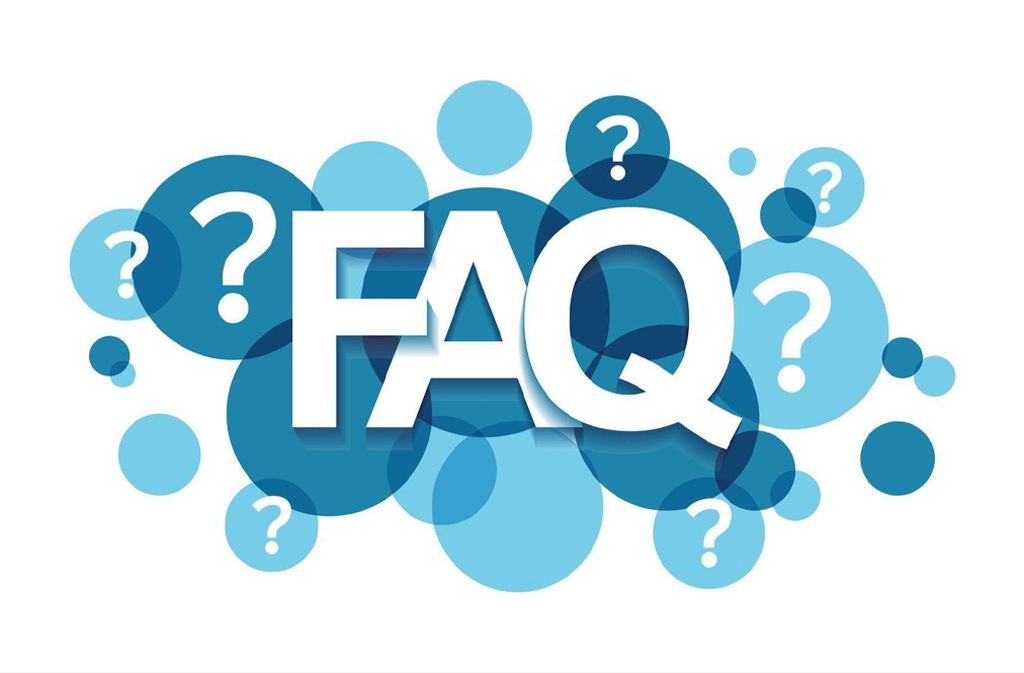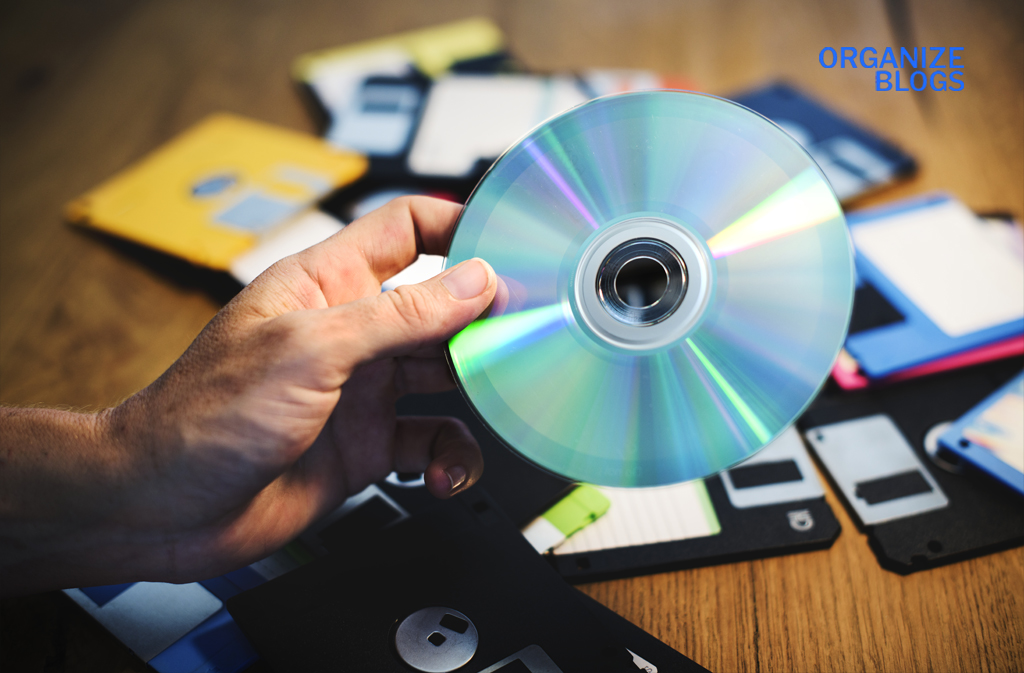When we talk about discog define, we are exploring the simple meaning of music collections and how they are organized. A discog, short for discography, is the complete list of songs, albums, and records released by an artist or group. By learning what discog define means, fans and collectors can better understand the history of music.
In today’s digital age, the meaning goes even further. With online platforms, users can not only see discographies but also share, trade, and organize records with others. Therefore, discog define is more than just a word. It is a way of making music history easier to follow, understand, and enjoy.
Table of Contents
Discog Define in Simple Words
At its core, discog define means the study and listing of all music released by an artist. This includes singles, albums, live recordings, and even rare vinyl. For fans, this makes it easier to track an artist’s journey from their first song to their latest release.
Moreover, discogs are not only for big names in music. Independent artists also use discographies to show their work. This helps listeners discover hidden gems that may not appear in mainstream charts. Therefore, discog define applies to all levels of music creation.
Why Discog Define Matters for Music Lovers
For people who love collecting, discographies are priceless. They help fans keep track of every album and edition ever released. For example, some records have multiple versions, and a discog makes it simple to compare them. This matters because collectors want details like release dates, cover art, or limited editions.
In addition, discographies help people connect with music history. Fans can trace how a band’s sound changed over time. They can also see how certain albums influenced entire genres. As a result, discog define is not just about lists—it tells the story of music itself.
Discog Define in the Digital World
The internet changed how people understand discographies. Before, collectors had to rely on books or magazines to find details. Now, online platforms allow instant access to discog information. With a quick search, anyone can see complete records of artists worldwide.
Furthermore, websites and apps let users build personal music collections. This means discog define is no longer limited to professionals. Everyday fans can create, share, and expand their music knowledge with ease. Transitioning from paper to digital has made music history more open than ever before.
How Helps Artists and Collectors
Artists benefit greatly from discographies because they give structure to their work. With a clear list, fans know exactly what to expect and where to start. For collectors, the value lies in details. Knowing which edition is rare or limited increases excitement and even market value.
Additionally, discogs create bridges between fans. Communities form around shared interests, and people use discographies to trade or recommend albums. In this way, discog define builds stronger connections between people who love music.

The Role of Discog in Music Education
Music teachers and students also use discographies. A complete list of works allows learners to study styles and progressions over time. For instance, students studying jazz can follow the complete discography of Miles Davis to see how his sound evolved.
In classrooms, discog define also helps with research projects. Instead of searching randomly, students can access organized data on albums, dates, and collaborations. Therefore, discographies serve both fans and learners alike.
Discog Define and Technology
Technology plays a huge role in expanding the meaning of discog define. Platforms powered by artificial intelligence now recommend albums based on listening habits. This makes discographies interactive and personalized for each user.
At the same time, user-friendly design in apps ensures that anyone, even beginners, can build music lists. As technology grows, discog continues to evolve into a smarter, more engaging experience.
Future of Discog Define in Music
Looking ahead, discographies will likely become even more advanced. Real-time updates on new releases will make it easy for fans to stay informed. Also, integration with digital platforms will allow smoother access to global music libraries.
Another future trend is linking discographies with live performances. Imagine checking an artist’s discog and also seeing their upcoming concert dates. This integration will make music even more connected to everyday life.
Conclusion
To sum up, discog define is about more than lists of music. It represents the history, progress, and passion behind every artist and album. From helping fans discover hidden gems to supporting students in research, discographies are essential.
As technology continues to grow, discog define will expand further, giving fans new ways to interact with music. Whether you are a collector, student, or casual listener, understanding discographies helps you appreciate music on a deeper level.

FAQs
Q1: What does discog define mean?
Discog define simply refers to the meaning of discography. It is the complete list of music released by an artist, band, or group, including albums, singles, and special editions.
Q2: Why is important for music fans?
It is important because it helps fans keep track of every release. This makes it easier to follow an artist’s journey and discover hidden songs or rare records.
Q3: Is only for famous artists?
No. Discographies also apply to small and independent artists. They allow new listeners to explore music that may not appear in popular charts.
Q4: How changed with technology?
Before the internet, people used books or magazines to find discographies. Now, online platforms let fans access, share, and even create their own music collections in real time.
Q5: Can collectors use for rare records?
Yes. Collectors rely on discographies to compare editions, release dates, and cover art. This information helps them know which records are rare and valuable.
visit our website: Organize Blogs

